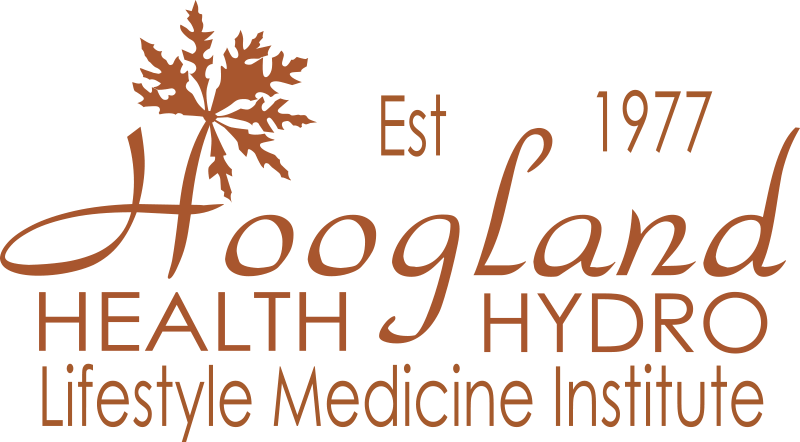Understanding Diabetes
The programme we offer is for Type 2 Diabetes only.
Type 1 Diabetes is something completely different and it creates a lot of confusion to have given them the same name. The only similarity is that they both affect blood sugar levels. Type 1 Diabetics can benefit in many ways from a programme at Hoogland, but the packages described below are focussed on sending Type 2 Diabetes into remission.
If you are a Type 1 Diabetic please contact us by email or phone to discuss different package options.





What is Diabetes?
To understand these diseases better, it is worth understanding the role of insulin. Insulin is made by the beta cells in the pancreas. It is a hormone that regulates metabolic processes, of which regulating blood sugar levels is the most well known. Insulin allows the muscle, liver and fat cells to absorb glucose from the blood. The glucose serves as energy to the cells or it can be converted to fat to be used later. So insulin provides energy to cells, but also reduces high sugar levels in the blood by telling the cells to absorb blood sugar.
Glucagon is the hormone made by the alpha cells in the pancreas that does the opposite – when our blood sugar levels are too low, it will tell the body to release blood sugar from where it is stored so it can be used by cells that need it for energy. Other hormones that also release blood sugar include adrenaline, noradrenaline, cortisol (all stress-hormones) and growth hormone.
Type 1 Diabetes
Type 1 Diabetes is an auto-immune disease which makes your body’s own imune system destroy the body’s own beta-cells in the pancreas, so it cannot make insulin. This means that it cannot send blood sugar into the cells, which leaves the energy the cells need in the blood. Untreated, Type 1 Diabetes can cause many complications, and the most feared is the rapid onset diabetic ketoacidosis which causes doabetic coma. Type 1 Diabetes cannot be cured and diabetics with this kind of diabetes have a better quality of live and an increased life expectancy through the breakthroughs pharmaceuticals have made. From first finding a way of making injectable insulin to specialised implants that monitor blood sugar levels and release metered insulin in response.
Type 2 Diabetes
Type 2 Diabetes is a whole other matter. It is when we have very large spikes in blood sugar and where the body’s cells are so full of sugar already, that they don’t want any more and stop listening or responding to the instructions insulin provides. The pancreas desperately tries to get the cells to take up more blood sugar, and produces ever larger volumes of insulin, until at last it burns out and can’t produce sufficient insulin any longer. Type 2 Diabetes takes a long time to develop, and we have several tests available that can test of this kind of diabetes and treat it before lasting damage is caused.
At the moment the only medication available for Type 2 Diabetes is medication that forces the cells to take up excessive blood sugar: cells that are already so full they have stopped listening to the body’s own instructions. These treatments do not treat the cause, and in the temporary fix of measurable markers, actually cause more harm in in the long run.
Untreated this disease causes massive heart and blood vesel damage, nerve damage, kidney damage, eye damage, hearing impairment and dementia.
Diabetes II cannot be cured. It can, however, be sent into remission, permanently, at most stages after diagnosis. The reason it’s not curable in the traditional sense of the word, is because it is a Lifestyle Disease. The only long term effective treatment of Type 2 Diabetes is (are) changes in lifestyle. Sometimes these changes are surprisingly small and easy to maintain, but should ex-diabetics revert to their old ways, diabetes will soon return.
Changes in lifestyle will include everthing that reduces large insulin spikes (diet and stress management) as well as the use of the stored energy (physical activity)
Treatment
There are some well known ways to treat diabetes from the comfort of your own home. We find that the transition between a diabetes causing to a diabetes preventing lifestyle can be physically, emotionally and mentally taxing, and there are several medically significant risks associated with this transition. For these reasons, a professional establishment like Hoogland is a valuable and effective alternative.
The best thing you can do for your own health is to continue to educate yourself, and always, always be careful what sources you use for your information. Read widely and don’t follow the latest fad or believe in ‘miracle cures’.
Our programmes help clients to recovery (recover) from a wide variety of lifestyle diseases, and improve overall health and wellbeing on many levels. In terms of how we can help prevent or treat Diabetes, here are a few highlights:
Metabolic Health Package
We recommend this package for our diabetes patients. If you are suffering from, or concerned that you may be developing, the metabolic disorder Type II Diabetes, then this is the perfect intervention to start regaining your health and vitality.
